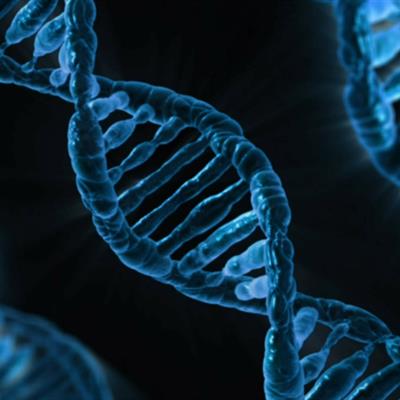
Registration Closed!
Ancient DNA 101: What You Need to Know to Establish a Successful Project
When: December 03, 2019 12:00-2:00 PM ET
Duration: 2 hours
Certification: RPA-certified
Pricing
Individual Registration: $99 for SAA members; $149 for non-members
Group Registration: $139 for SAA members; $189 for non-members
Dr. Christina Warinner earned her Ph.D. in Anthropology from Harvard University in 2010 and received postdoctoral training in genomics and proteomics at the University of Zurich (2010-2012) and the University of Oklahoma (2012-2014). In 2014, she was appointed Assistant Professor of Anthropology and was awarded a Presidential Research Professorship at the University of Oklahoma (OU). In 2016, she was made W2 Group Leader of Microbiome Sciences at the Max Planck Institute for the Science of Human History (MPI-SHH), and in 2018 she was promoted to University Professor in the Faculty of Biological Sciences at Friedrich Schiller University in Jena, Germany. Since 2019, she is Assistant Professor of Anthropology at Harvard University. Warinner specializes in biomolecular archaeology, with an emphasis on reconstructing the prehistory of human foods and the evolution of the microbiome. She is known for her pioneering work in ancient DNA and proteins research, which has contributed to the study of prehistoric human health, ancestral human oral and gut microbiota, the origins of dairying, and past human migrations. She is a 2012 TED Fellow, and her TED Talks on ancient dental calculus and the evolution of the human diet have been viewed more than 2 million times. In addition to her research, she is actively engaged in public outreach and created the Adventures in Archaeological Science coloring book, now available in thirty languages, including many indigenous and underrepresented languages.
- Provide an update on major changes in ancient DNA technologies over the past 5 years.
- Highlight the range of questions that current ancient DNA methods can investigate.
- Address challenges in ancient DNA research, such as sample preservation and data authentication.
- Provide strategies for identifying potential research partners and establishing successful collaborations with aDNA labs.
- Discuss the structural differences between how research and training is conducted within the fields of archaeology and genetics, and how this impacts ancient DNA research.
- Establish the importance of hypothesis-driven research, and dispel the “Doing the DNA” myth.


